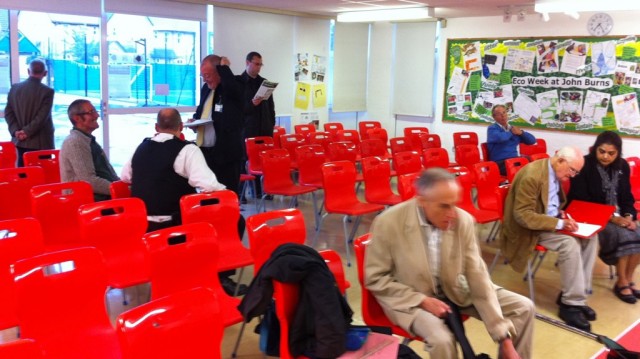
The Shaftesbury ward ‘Let’s Talk’ event takes place a week today, Thursday, 21 March from 7.30pm at Shaftesbury Park school.
The meetings are an opportunity for residents to come and tell local councillors and council officers what is important to them. There’s no need to register so you can just come along.
Having advertised it I am, as I did last time, going to say that I’m not a great fan of them. They seem somehow dated and not representative of the way I think councils and councillors should do business. Is a public meeting really the sort of place that people want to come to raise their concerns? Or would they prefer more direct contact where there is dialogue and the opportunity to discuss detail without everyone else in the room having to listen in?
As I wrote after the last meeting:
The large (or small, in this case) public meeting … is probably the best way to handle a single issue with significant public interest and are useful when the flow of information is largely from the platform to the public. However, in my opinion it just doesn’t work for the sort of session Listening to You [the old branding for the sessions] should be, a dialogue between council and residents, and an opportunity for people to raise specific issues …
But I can’t help reflecting that, with around 30 people attending, it represented 0.00% (rounded to 2 decimal places) of the ward population [and] we are missing some tricks in the way we engage (or don’t engage) with residents and that leaves the council poorer: because if last night was a positive experience with around 0.0025% of the population, imagine what could come from 99.9975% of the population.
But having dealt with my negativity, there is always the opportunity to talk directly with councillors or officers before or after the meeting, and if numbers permit I would hope we follow the pattern that happened last time with a short formal session followed by a much longer, and much more productive, session of mingling, talking about and dealing with the issues and concerns of local residents.
There are some (but not much) more details on the council’s flyer for the event.
